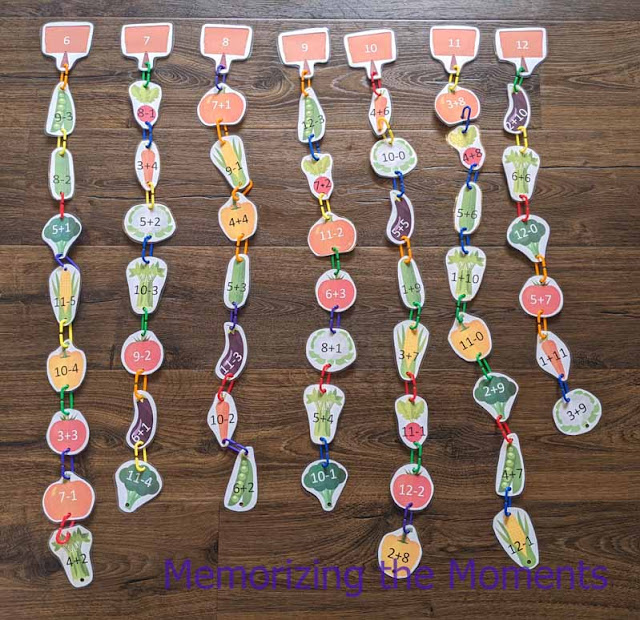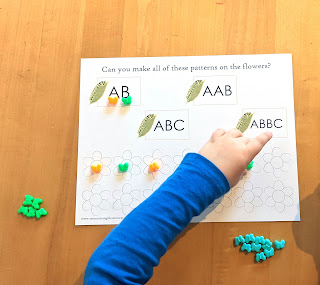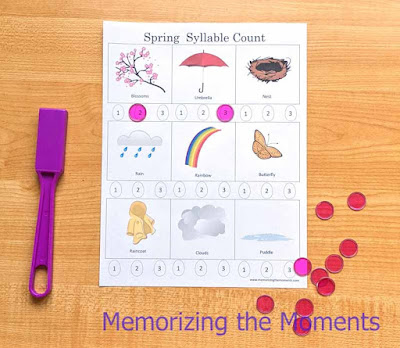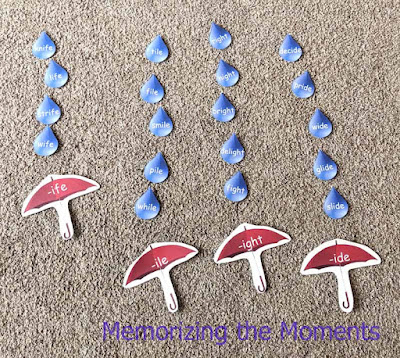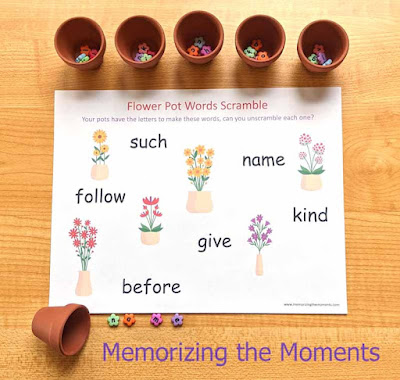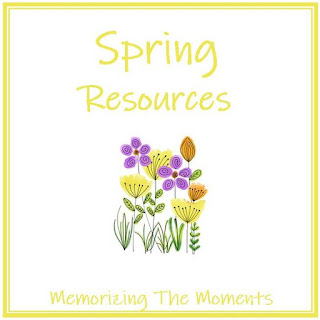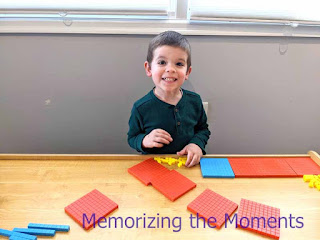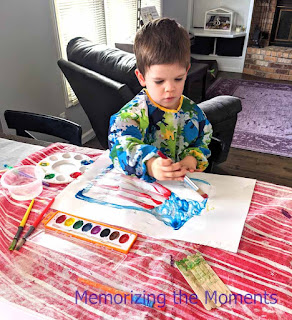Tuesday, May 24, 2022
Vegetable Garden Addition and Subtraction
Monday, May 16, 2022
How to Teach Your Kids About Life's Hard Times
How to Teach Your Kids About Life's Hard Times
https://unsplash.com/photos/XIFuymJydII
It's hard to teach kids about hard times when you don't know how to cope with them yourself. But, it is necessary. The reality is that they will experience hardships in their lives and they need to be prepared for it. They need support in order to navigate life's hard times together. We’re going to take a look at this in this post today.
How Do I Teach My Child About Difficult Issues?
We have all been there before. We are trying to teach our children about things that are difficult and they don't understand. It is natural for us as parents to want to shield our children from the world's harsh realities, but it is important that we teach them how to deal with those realities when they come their way. When they’re asking what the funeral urns from glass or why bad things happen, it’s hard to know what to do. Here are three strategies to help you.
1. Modeling For Your Kids
Parents should model for their kids how to handle themselves during tough times. This will help them become more resilient and better equipped to handle difficult situations in the future. There are a few ways that parents can model for their kids during hard times. One way is by being present and available for your children. Another way is by talking about what's going on in your life, so that your children know you're not perfect either. Parenting is one of the hardest jobs in the world. It is not just about providing for your kids and sending them to school, but it is also about teaching them the right values and morals.
2. Show Your Concern and Compassion
The first step in showing concern is to listen. You have to be able to hear what the person is saying and understand that they are feeling a certain way because of their experience. The second step is asking questions about what happened, what they are feeling and why they feel that way. The third step is giving feedback which can be done by summarizing the conversation, acknowledging emotions and making sure that you are not judging them for their feelings.
3. Embrace Optimism And Encourage Optimistic Thinking From an Early Age
Optimistic children are more likely to be successful in the future. The positive outlook that they have will help them overcome obstacles and challenges. Children who are optimistic about their futures are more likely to grow up with a healthy self-esteem, higher academic achievement, and better social skills. We should encourage optimism in young children from an early age because it has been proven that it can have a lasting impact on their life.
4. Make Sure They Know That You're Always On Their Side
Grieving children and parents are often in a state of shock, and they may not be able to articulate their feelings. It is important to be understanding with them, and make them feel like they are not alone. The best way to help grieving children and parents is by being understanding with them. They may not be able to articulate their feelings because they are in a state of shock. It is important to make them feel like they are not alone in this difficult time.
Thursday, May 12, 2022
Spring Theme: Bugs, Bees and Butterflies
Tuesday, May 10, 2022
Spring Literacy Printable Activities
If you've been following the blog recently, you'll notice that I've been making both math and literacy activities around different themes. Both Archer and I find it more fun that "regular" school activities. Since he is not quite 4, school is still something we only do semiregularly and in a light hearted manner. Here are some of the Spring Literacy Activities I made for him this month.
Friday, May 6, 2022
3 Year Old Pre-K Monthly Summary: April
I've posted about some of the themes we have done this spring, but I thought I'd also do a monthly summary post of some of our other school activities (mostly for me to look back on). Since he goes to preschool two days a week for social interaction and because he is only 3 (and because I am 8 months pregnant), school is always short, doesn't happen daily, and isn't forced.
Math
I'm loosely using Kindergarten Math with Confidence, but mostly only for ideas of what concepts we need to practice. Most of that work was themed this month (either wrapping up his Easter Math Activities or Spring Math activities).
Playing with base ten blocks.
Spelling
We're working our way through All About Spelling (Level 1). We definitely keep the lessons short, subdividing them into multiple days. He likes it as long as we don't try to do too much at a time.
Handwriting
We're still working our way through Kick Start Kindergarten. He likes it as long as we do it in small bursts. He's through most of the workbook, we're just doing a lot of practice on forming the letters correctly. Lately, he's been wanting to write his spelling instead of using the tiles.
Other Activities
Wednesday, May 4, 2022
Why Play Word Games? The Importance of Vocabulary in Everyday Life
It has long been said that words are powerful things. They can be used to build relationships, to make friends, and to create connections with other people. But words are not just for communication; they can also be used for recreation. Playing word games is a great way to have fun and improve your vocabulary at the same time! In this blog, we will discuss the importance of vocabulary in everyday life and why playing word games is a great way to improve your skills.
Photo by Andrey Metelev on Unsplash
Why is Vocabulary Important?
Vocabulary is essential for a number of reasons. First, it is a key element in communication. The words we use to communicate can either build relationships or destroy them. Second, vocabulary is essential for reading and writing. Good readers and writers have a large vocabulary; they are able to understand and create text using a variety of words. Finally, having a strong vocabulary can help you succeed in school and in your career. A good vocabulary allows you to understand complex concepts and express yourself clearly in both written and oral communications.
How can Playing Word Games Help You Improve Your Vocabulary?
Playing word games is a great way to learn new words and increase your vocabulary. When you play word games, you are exposed to new words and learn how to use them in context. This helps you to better understand the meaning of the words and how to use them correctly. Playing word games can also be a fun and enjoyable way to spend time with family and friends. In addition to improving your vocabulary, playing word games can also improve your memory, problem-solving skills, and critical thinking skills. Games that require you to remember a lot of information or solve complex problems can help to sharpen your mind. These skills can be beneficial in both your personal and professional life. You can start playing word games from the age of three, and it will still have a positive impact on your life.
How Can You Get Started Playing Word Games?
There are a variety of ways to get started playing word games. You can buy board games such as Scrabble or Bananagrams, download apps like Wordscapes or Words With Friends, or even play online games on websites like Dictionary.com or jumble solver. You can also make up your own games using a deck of cards or some other simple materials. The important thing is to find a game that you enjoy and that challenges you. No matter how you choose to play, you're sure to have fun and improve your vocabulary at the same time!
Photo by Freysteinn G. Jonsson on Unsplash
Having a large vocabulary doesn't only make you a better communicator but also a better reader and writer. If you want to improve your vocabulary, try playing word games! Not only are they fun, but they also have many other benefits. Playing word games can help improve your memory, problem-solving skills, and critical thinking skills—all valuable abilities in both personal and professional life.
*This is a contributed post.


